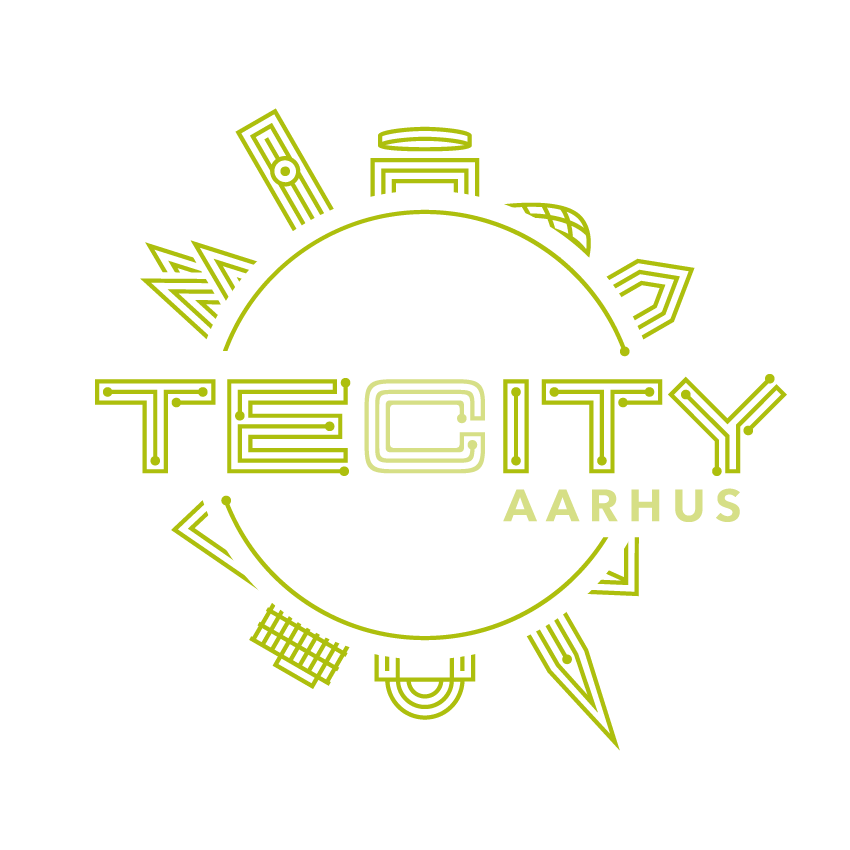The food of the future is high-tech, plant-based and has a secret ingredient

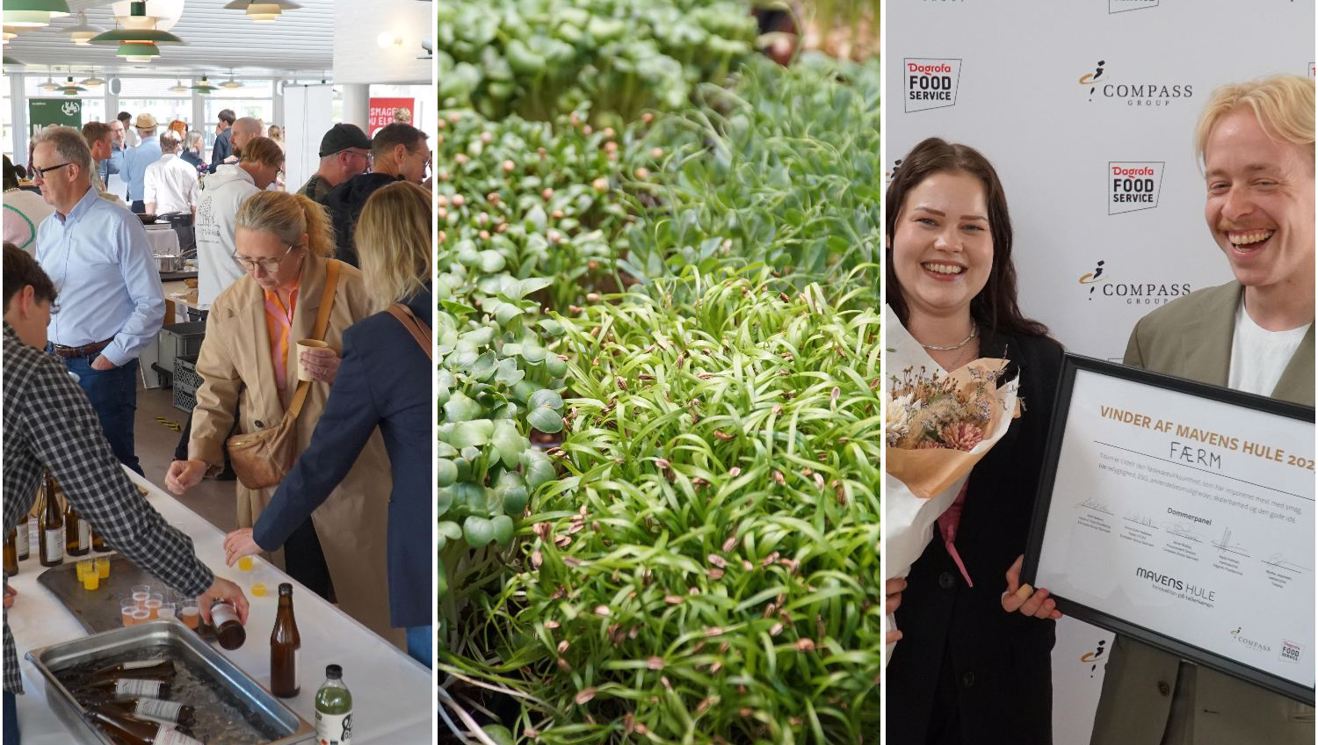
The future will place great demands on our food production. Climate change imposes new constraints and requires changes in where and how we grow crops. At the same time, there are increasing demands for documentation and clarity in supply chains. At the same time, we need to eat less meat – both for our own sake and for the sake of the planet.
So is there any hope for the industry to solve this challenge? Can technology bring us closer to sustainable, transparent and healthier food production? To learn more about the challenges and solutions of the future, TechSavvy went to Food, Trends & Sustainability at Agro Food Park in Aarhus, where professionals and experts gathered for a day of the latest insights, debate and a look into the future.
The past teaches us about the crops of the future
The quote “if you don’t know the past, you don’t understand the present and are not fit to shape the future,” allegedly coined by French philosopher Simone Weil, could well have been the headline of a presentation by Christoph Dockter, who is in meeting room 9 talking about Carlsberg’s work on developing new, future-proof crops. He is Head of Cereal Breeding & Trait Development at the Carlsberg Research Laboratory, which is part of the AEGIS research project that can map the historical evolution of crops with fascinating precision.
Led by Professor Eske Willerslev, researchers from the University of Copenhagen and the University of Cambridge are using environmental DNA from sediments up to two million years old to map how plants have previously adapted to extreme conditions. The goal is to identify genetic traits that can be reinvented in modern crops to make them more resilient to drought, temperature increases and other climatic challenges.
AEGIS is based on a unique combination of archaeological knowledge, advanced DNA sequencing and artificial intelligence anchored in a data platform that will make Denmark a global center for research into climate-resilient food development. Carlsberg, among others, is using this knowledge to breed the right properties, primarily in barley, so that the crops can perform optimally under specific conditions, explained Christoph Dockter.
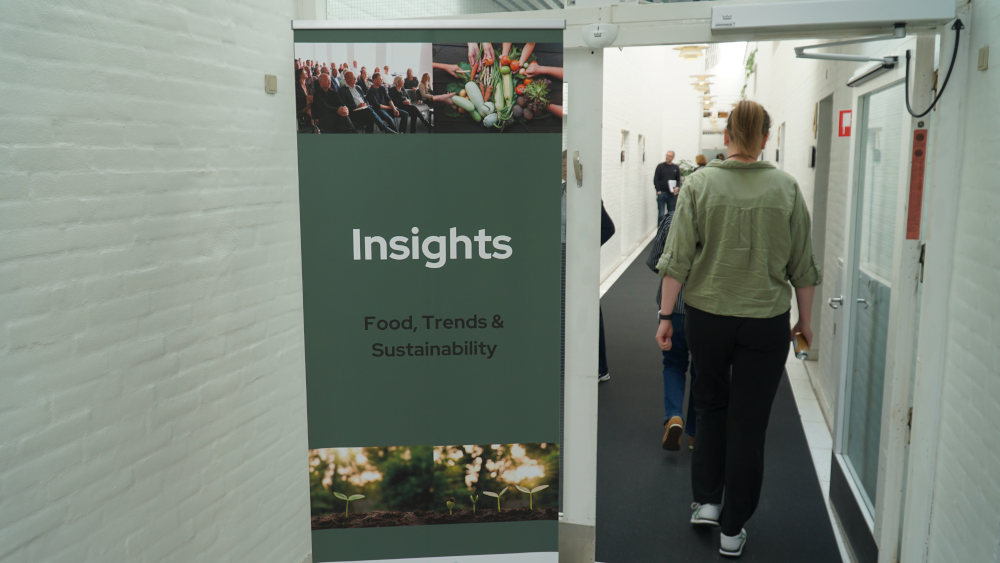
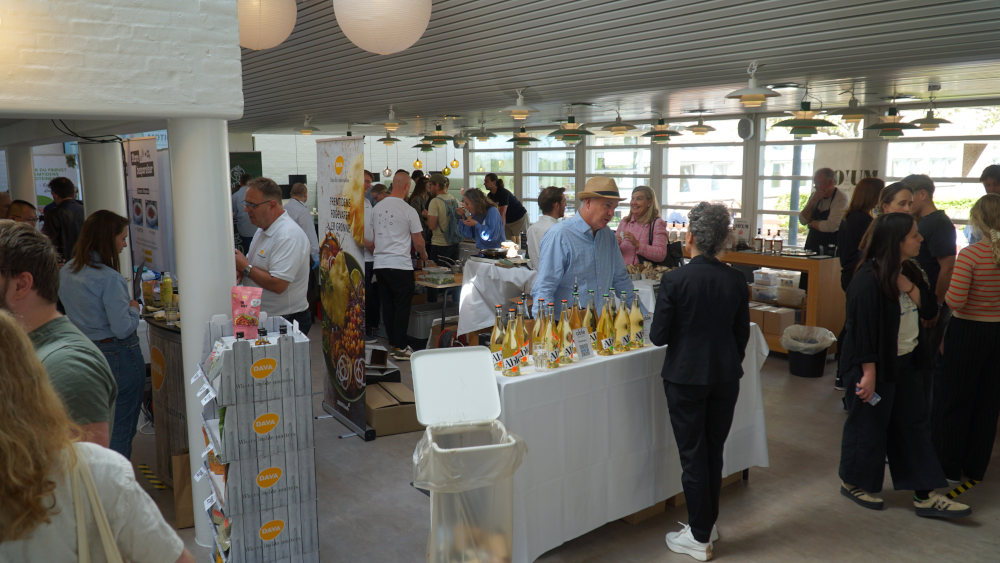
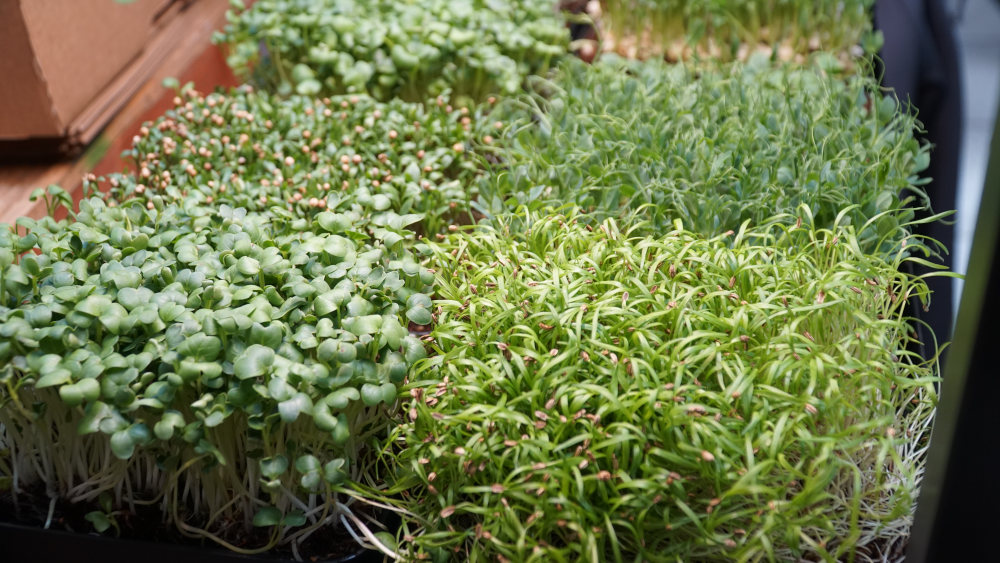
The supply chain must be transparent
ESG – short for Environmental, Social and Governance – is already a central concept in companies’ work with sustainability. It’s about documenting and improving a company’s environmental, social and governance performance. It is also one of the major focus areas for Seges Innovation, which is itself based in the Agro Food Park environment. Seges Innovation is an independent innovation company that develops research-based solutions for the agricultural and food sector by putting research and digital technologies into practice.
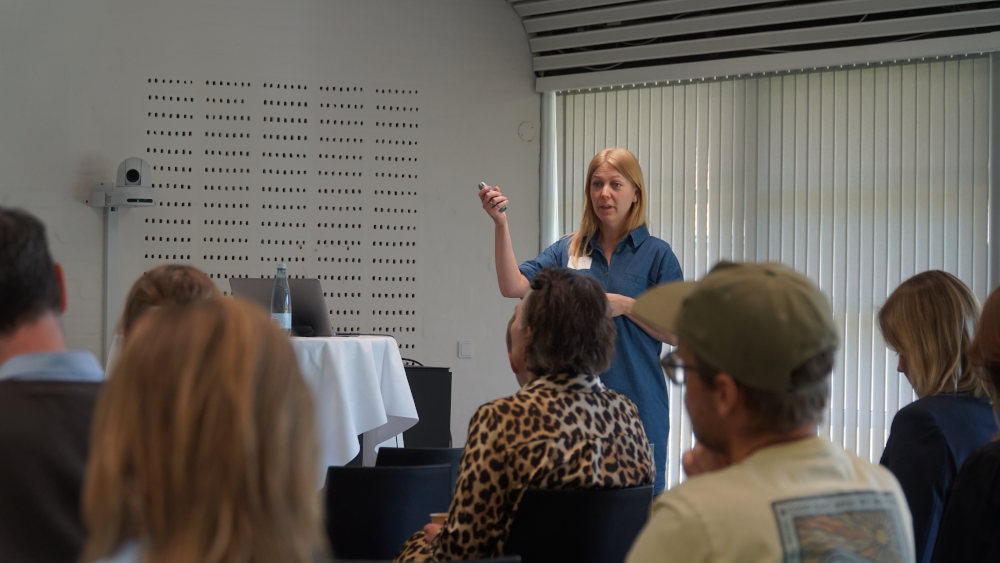
As the requirements for documentation of food’s climate footprint and sustainability grow, Seges Innovation has developed the new system TraceIT, explained special consultant Mette Kramer Langgaard. It is a digital platform that creates transparency throughout the value chain. With TraceIT, food companies can access detailed data on product origin, cultivation practices and environmental impact without farmers losing control of their information.
The solution connects existing systems in agriculture, enabling producers to document and optimize their climate efforts. TraceIT points towards a food sector where data is not just documentation, but a strategic tool to strengthen sustainability, transparency and make food production more efficient.
Plant-based cheese opens doors
While the lobby was buzzing and samples were being handed out by the exhibiting food innovators, the five foodtech startups Færm, PlantCarb, Beyond Coffee, Seasonal Wrap and Verdens Ende Mikrogrønt were pitching to Mavens Hule in an adjacent room.
Færm won Mavens Hule 2025 with their organic, plant-based spreadable product made using traditional dairy methods with enzymes, cultures and whey drainage. The product has the same protein content as conventional cream cheese, but with a climate footprint that is 75% lower, according to an LCA analysis conducted in collaboration with the Danish Technological Institute.
Read also: Foodtech startup raises large multi-million investment to develop more plant cheese – TechSavvy
The win opens the door to a tailor-made development program and the opportunity to bring the product to life in the foodservice market through collaboration with Compass Group and Dagrofa Foodservice. The judging panel, consisting of experts in gastronomy, sustainability and procurement, agreed that Færm, founded by Andrea Donau and Mikkel Lau Dupont, had the greatest potential among the five selected food startups that presented their innovative food products at the competition.
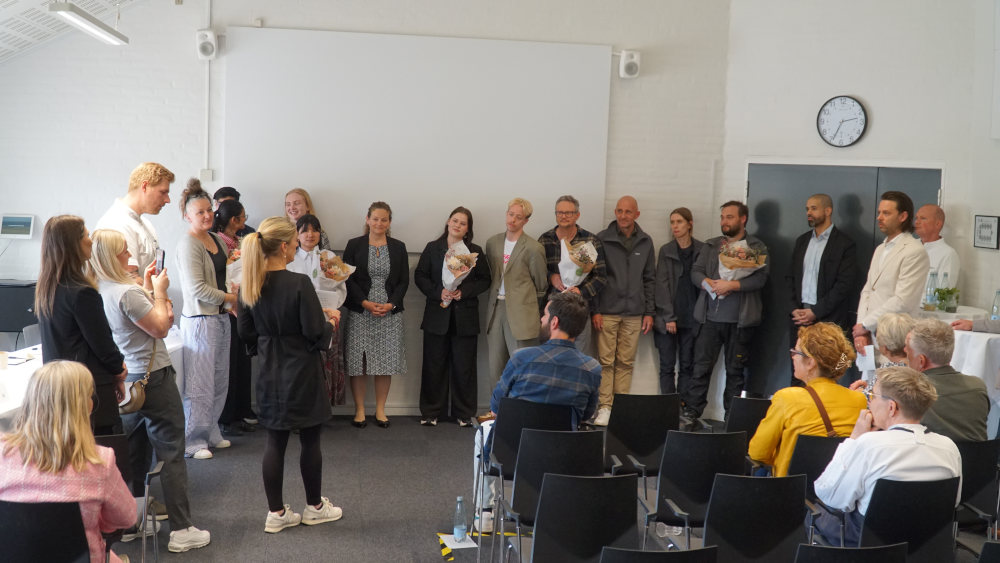
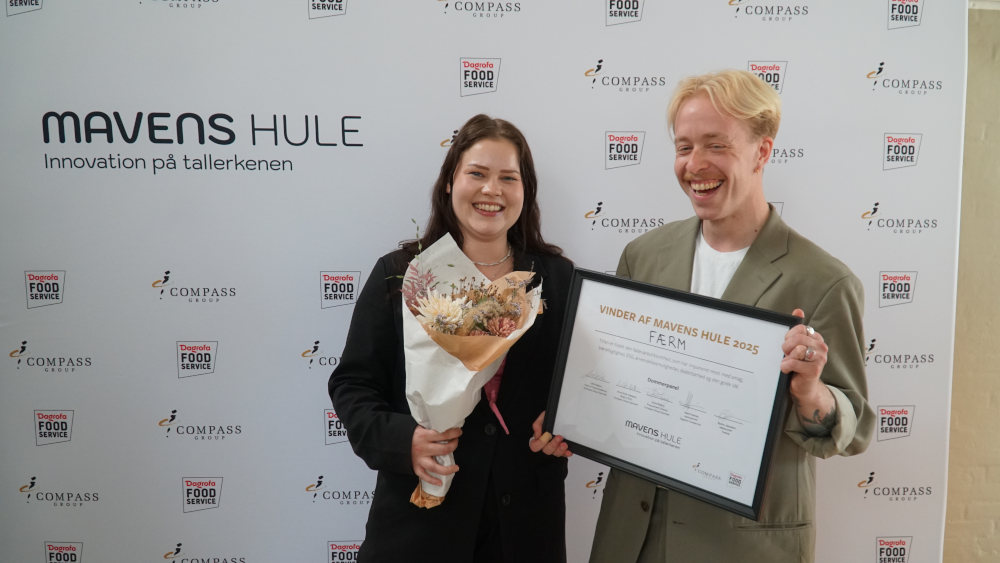
The secret ingredient
A recurring theme of the day is sustainability. Sustainability for the sake of both the planet and our own health. The dietary recommendations are 600 grams of vegetables a day, but not everyone (probably very few) follows this. And that’s not surprising.
Professor of Gastrophysics and Culinary Innovation, Ole G. Mouritsen, with his presentation in the afternoon, focused on an often overlooked key to the green transition of our food culture: Taste.
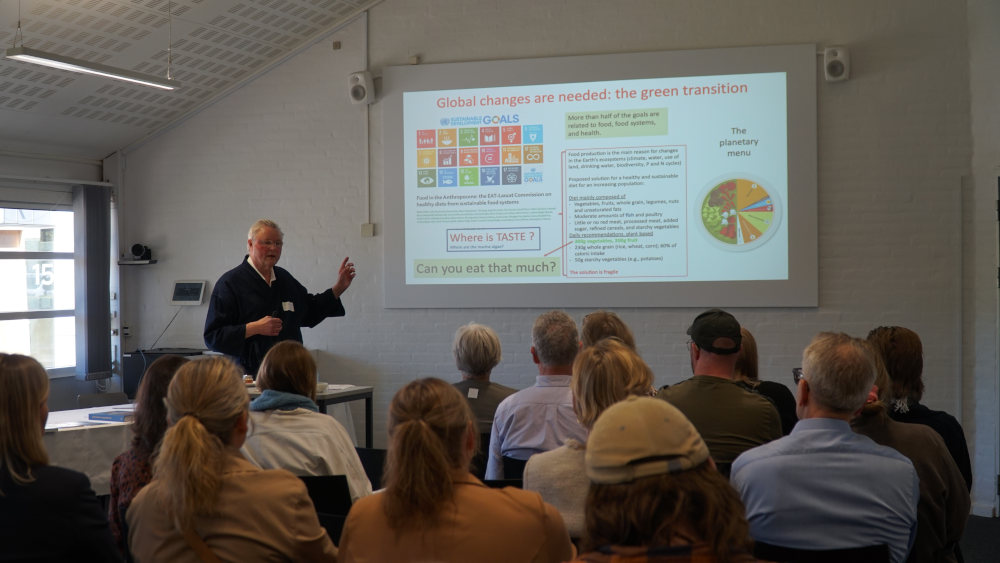
He emphasized how umami in particular plays a crucial role in the transition to more plant-based meals. Taste is a prerequisite for sustainable and climate-friendly meals to actually be eaten. Therefore, the future must not only think green – green meals must also be prepared in a way that satisfies our brains.
Read also: Marketplace for expensive drops and rare grapes expands to major European wine country – TechSavvy
Vegetables (with a few exceptions) do not have the flavor characteristic umami, which meat, for example, is rich in. This simply makes us less appetite for green foods,” explained Ole G. Mouritsen explained. He therefore advocated a change in our food culture, where we are inspired by, for example, Japanese methods where condiments greatly add umami to plant-based cooking.
Innovative, sustainable and high-tech startups are needed to bring food production into the future.
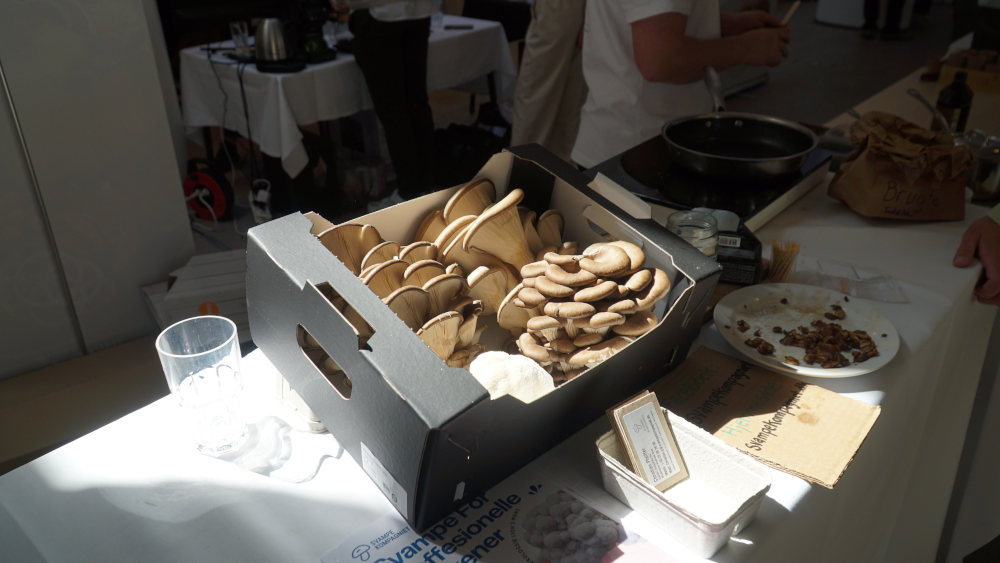
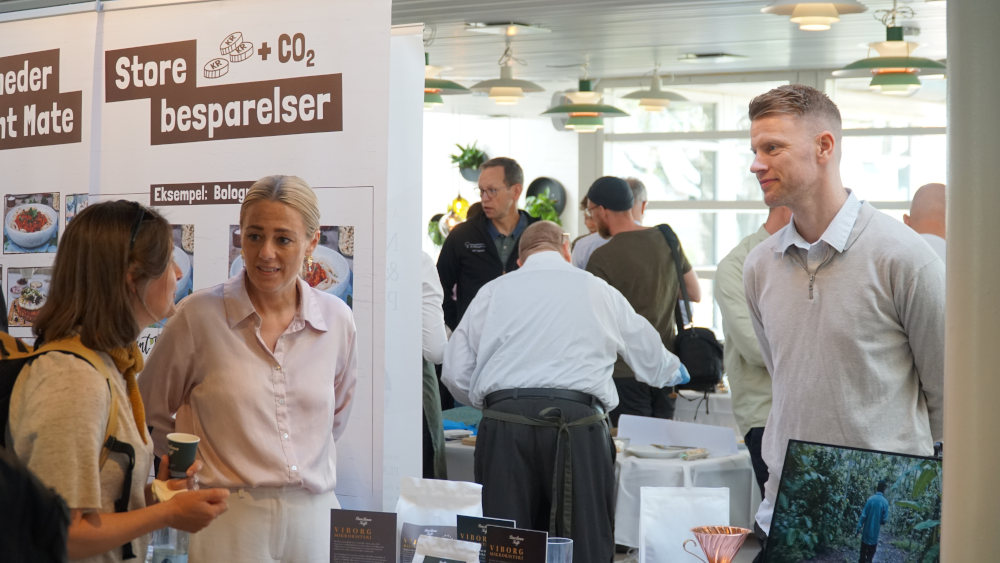
Indlægget The food of the future is high-tech, plant-based and has a secret ingredient blev først udgivet på TechSavvy.
